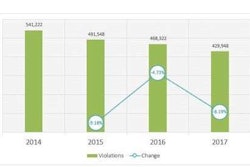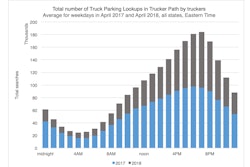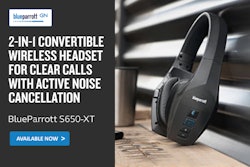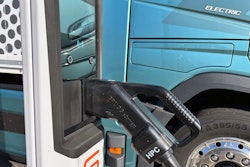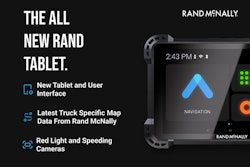The Federal Motor Carrier Safety Administration stressed in advance of the ELD mandate that it was in turn stressing to state inspectors that, in situations where drivers were forced into recording hours of service violations with their ELDs by circumstances on the road reasonably beyond their control, drivers were being advised to log it all like it happened, clearly annotating the log in the ELD to explain the violation.
In the words of some of my reporting from just after the ELD mandate’s inception, describing regulators’ messages to drivers in advance of the mandate:
What advice the federal government and some state officials have given for circumstances such as those … – log it like it happened, annotate the log to describe the circumstances, and hope for leniency if it’s questioned – is inadequate to address drivers’ appropriate concerns. Hours-compliance records … now are more dependent on the whims of shippers and receivers, port/railyard operators, parking availability, the understanding (or not so understanding) nature of individual inspectors and so much more. While the anti-coercion rule gives drivers an avenue to blow the whistle on shippers, brokers and carriers that would threaten economic harm for their refusal to violate a regulation, otherwise nothing has changed about hours of service.
Werner goes “to California a couple times a week” from his home base in Molalla, and was headed southbound on I-5 nearing a location where the speed limit is 60 for trucks and he says is “famous” for patrolmen to be “hanging out down by the truck stop coming down off the mountain.” It’s not far ahead of the last Oregon rest area before you get to the California border, where he was planning a stop.
“I came over the hill and over the other side, and I saw him,” Werner says, referring to an officer staked out by the road. “I was going a little quick.” When he was followed into the rest area by the officer, “I told him I was reading 68 mph, and he said he had me at 70.”
Ultimately, the officer finished with the speeding ticket and asked if Werner had an electronic log. He asked the hauler to hand it to him, but it’s a dash-mounted eRoad-manufactured device. “He said he’d never done one,” Werner says, not yet run through an e-log with a driver, as Werner took him to mean.
I contacted the Oregon State Police for their comment on the stop but officials did not get back to me in time for this report. Werner has been in touch with the officer’s Sergeant as well, hoping to reverse the mark on his record, to no avail as of press time, he says.

